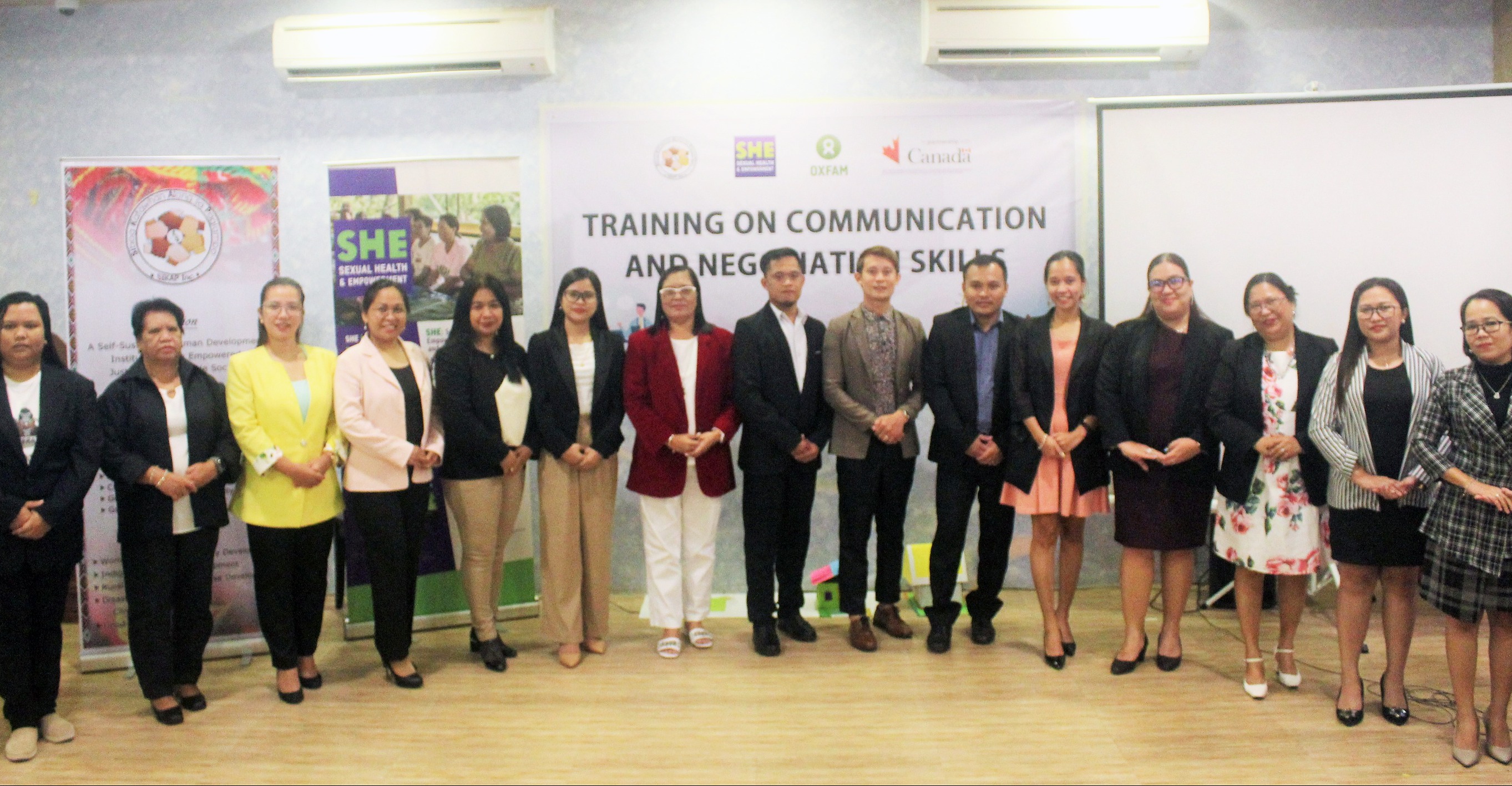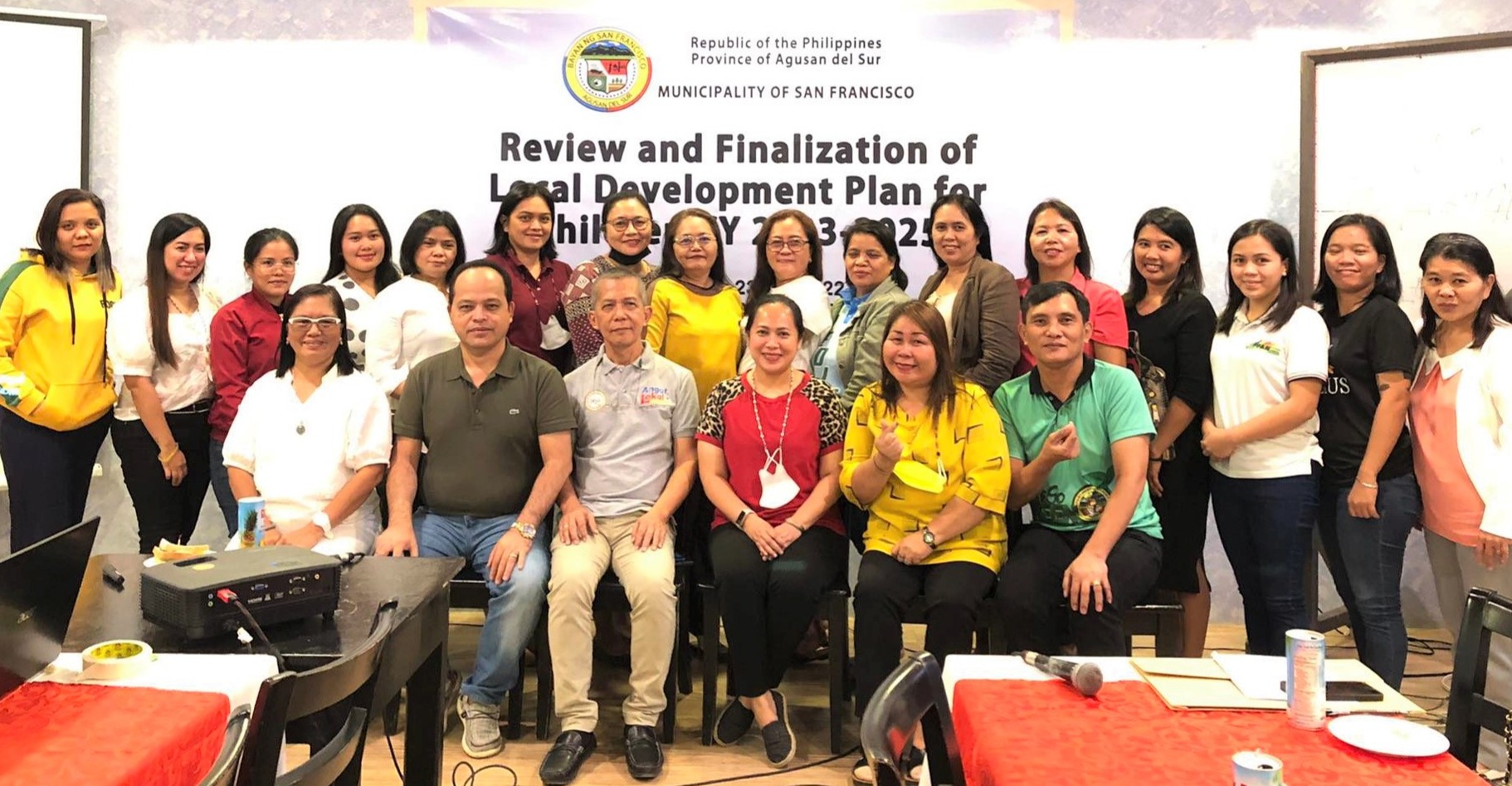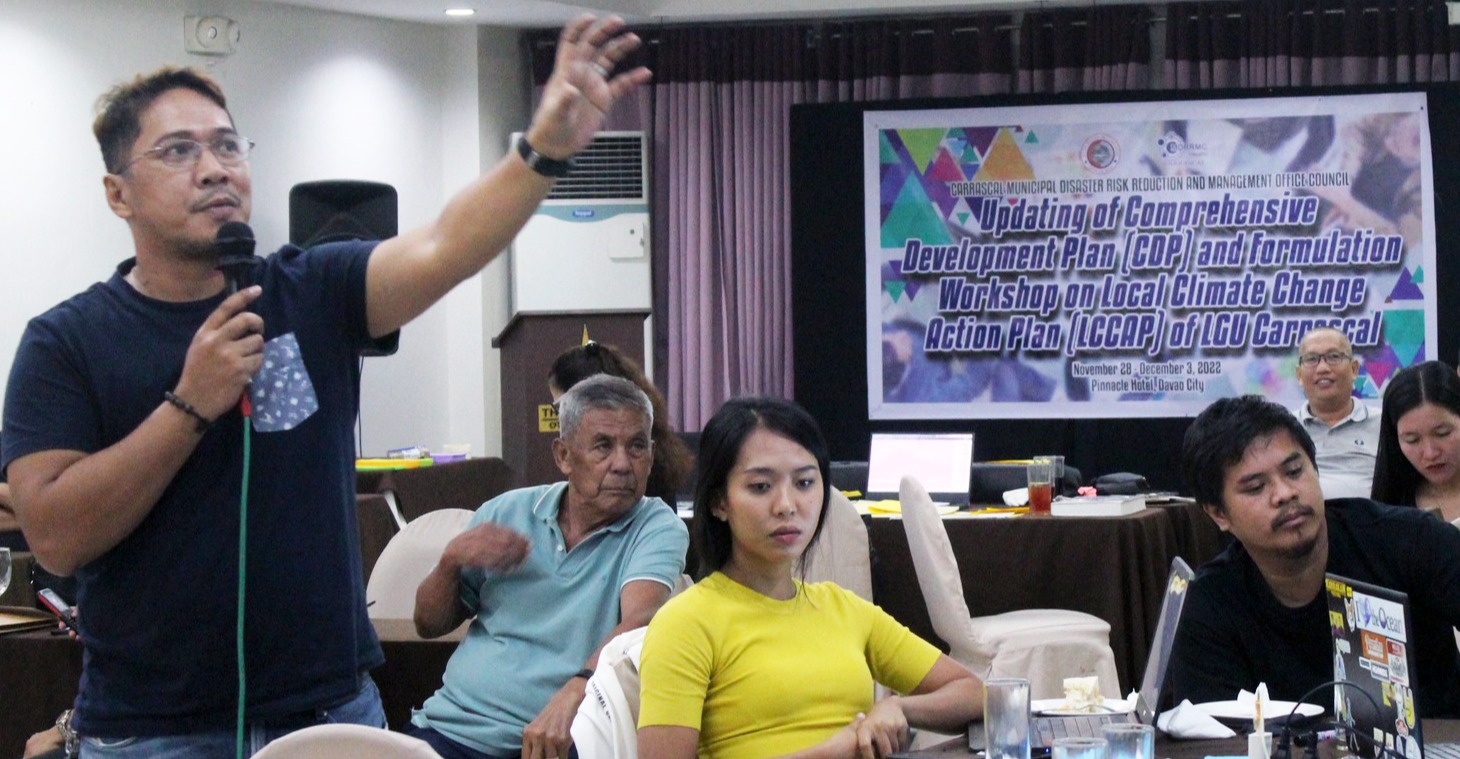
The Caraga Indigenous People Development Programme (IPDP) is a collaborative undertaking of the Government of Spain and the International Labour Organization (ILO) implemented in 2009 to 2012.
The overall development objective of the project is to strengthen the capacity of Indigenous Peoples (IPs) in the context of self-reliance for them to be able to do the following:
- Protection of their fundamental rights,
- Preservation of the environment; and
- Reduction of poverty in their midst.
The overall project objective is to be worked out within the framework of development and protection of ancestral domains in partnership with the government, non-government organizations and other service providers. Specifically, the project aims to enable the indigenous peoples to have:
-
Structurally stable community organizations that are equipped with organizational management skills and have sufficient capacity to serve as community development facilitator;
-
An improved knowledge and understanding of their human and other fundamental rights and the capacity to assert and protect these rights;
- Improved traditional livelihoods that could result in higher income and employment opportunities anchored on the sustainable development and protection of the available resources within their ancestral domain;
- Effective community-driven environmental protection and rehabilitation mechanisms in place; and
- Effective mechanisms for mainstreaming gender equality issues in the development process within their ancestral domain.
The Project has five components, namely:
- Institution Building;
- Promotion of Human/IP Rights;
- Support to Income and Employment Generation;
- Protection of the Environment; and
- Promotion of Gender Equality.
 The project was executed by ILO Country Office in Manila in cooperation with the National Commission on Indigenous Peoples (NCIP), Local Government Units, and IP organizations (IPOs). SIKAP was the local NGO partner commissioned by ILO in the implementation of project activities in 8 Ancestral Domains in four (4) provinces in Caraga Ragion.
The project was executed by ILO Country Office in Manila in cooperation with the National Commission on Indigenous Peoples (NCIP), Local Government Units, and IP organizations (IPOs). SIKAP was the local NGO partner commissioned by ILO in the implementation of project activities in 8 Ancestral Domains in four (4) provinces in Caraga Ragion. With the adopted Community Action Plans (CAPs), the IPOs were mobilized to provide overall leadership in the protection, development and management of their respective Ancestral Domains including the implementation of IPDP-supported interventions.
The following umbrella IPOs are central to the coordination and implementation of IPDP activities in the project sites:
| Province | Ancestral Domain/Project Site | Indigenous Peoples Organizations (IPO) |
| Agusan Del Norte | CADT No. 134 – Santiago, Jabonga, Kitcharao | Mamanwa-Manobo Ancestral Domain Management Council |
| CADT No. 092 - Cabadabaran, Santiago, Tubay | Mamanwa-Manobo Ancestral Domain Management Council | |
| CADT No. 135 – Anticala, Butuan City | Anticala Pianing Tribal Organization (APTO) | |
| Agusan Del Sur | CADT No. 089 – Veruela, Sta Josefa | Veruela-Sta.Josefa Ancestral Domain Management Organization (VESTA-ADMO); |
| CADT No 093 – Sibagat, Carmen | Wawa Sectoral Tribal Council (WAWASTC) | |
| Surigao Del Sur | CADT No 048 – San Jose, Bislig, Lindig | Pamaypayan-San Jose Sikahoy Manobo/Mandaya Ancestral Domain Management Organization (PSS MAMADMO) |
| CADT No. 116 – San Miguel | San Miguel Manobo Indigenous Cultural Communities Organization (SAMMICO) | |
| Surigao Del Norte | CADT No ___- Malimuno, Mainit, Sison, San Jose Franciso, Surigao City | Malimono-Mainit-San Francisco-Sison-SUrigao City Tribal Organization (MAMASANSISU). |
In the middle of the implementation (2.5 years of the planned 4.5 years), the project already made significant impacts on the lives of IPs in the project sites as well as on the magnitude and quality of the delivery of services of development partners or service providers. Consider the explications that follow:
-
 Positive change in the mindset. The IPO leaders indicated that with the IPDP interventions, their attitude towards development assistance was drastically changed: from dependency to self-reliance. The approach adopted by IPDP allowed the IPO leaders to formulate their own Community Actions Plans (CAPs) that served as their common development direction. The leadership and governance training courses that the IPO leaders underwent gave them opportunity to re-examine and redefine the traditional governance system of their respective tribes; which they now employed in the management of their ancestral domains.
Positive change in the mindset. The IPO leaders indicated that with the IPDP interventions, their attitude towards development assistance was drastically changed: from dependency to self-reliance. The approach adopted by IPDP allowed the IPO leaders to formulate their own Community Actions Plans (CAPs) that served as their common development direction. The leadership and governance training courses that the IPO leaders underwent gave them opportunity to re-examine and redefine the traditional governance system of their respective tribes; which they now employed in the management of their ancestral domains. -
Organized, strong IP institutions. The eight (8) IPOs composed of all sectoral IP organizations were already organized and assumed overall leadership and management of their respective Ancestral Domains. The IPOs started to confidently and actively engage with development partners.
- Clearer development direction and improved convergence of services to IPs/Ancestral Domains. The adoption of CAPs now served as collective directions of IPOs in the Ancestral Domains. The convergence of services was already felt on the ground in support of the CAPs, which
 included the following:
included the following:
- The LGUs professed firm commitment to incorporate the ADSDPPs in the Local Development Plan, Annual Investment Plan and Comprehensive Land Use Plan (CLUP) in the case of San Miguel, Veruela, Sibagat, CADT 135 and CADT 134;
- The Commission on Human Rights (CHR) helped in the conduct of Training of Trainers (TOT) on Human/IP rights. CHR also assisted in the roll- out of Human/IP rights awareness in some CADT areas;
- The DepEd engaged the IP Para-Teachers to handle the Alternative Learning System (ALS) in some areas and committed to continue engaging the Para- Teachers in the ALS for IPOs. DepEd also indicated that it would start constructing in 2012 the Tingkala Tribal National High School in CADT 134;
- In some CADT areas, the LGUs/DAs/DTI provided training on pest management, marketing, fruit/vegetable processing, and production;
- In Veruela, DENR provided and continued distributing seedlings (rubber, fruit trees and banana) under the Upland Development Project and National Greening Program, (NGP).
- Provision of free registration (marriage and birth) to IPOs in the Local Civil Registry for IPs
-
Commodity or Occupation-based enterprises established and generating income and employment for IPs. The 23 commodity or occupation-based self-help groups developed strong potentials for increasing agricultural and food production as well as generating income and employment for IP women and men.
The following enterprises were put in place:
-
Buy and sell of banana by Anticala-Pianing Banana Growers Association with consignee in Cavite/Manila with a capacity of supplying an average of 2,500 kilos per week.
-
Buy and sell of abaca by San Miguel Abaca SHG with a capacity of supplying 2,500 kilos per week and potentially up to 10,000 kilos per week.
-
Production and marketing of sago palm flour by KASAMACOR, an IP corporation, suitable for various food products (ice cream cone and bread). There have been testing by various interest groups and there is indication of strong demands for this product. The flour is cheaper and the raw materials (around 1,000 hectares) is big enough to supply the production capacity.
-
The Veruela Banana SHG started the buying and selling of banana. Women from 14 barangays in Veruela committed to participate in this enterprise.
-
The Bislig Fruits and Vegetable SHG began to produce fruits and vegetable juices for human consumption and as feed supplement to animals.






